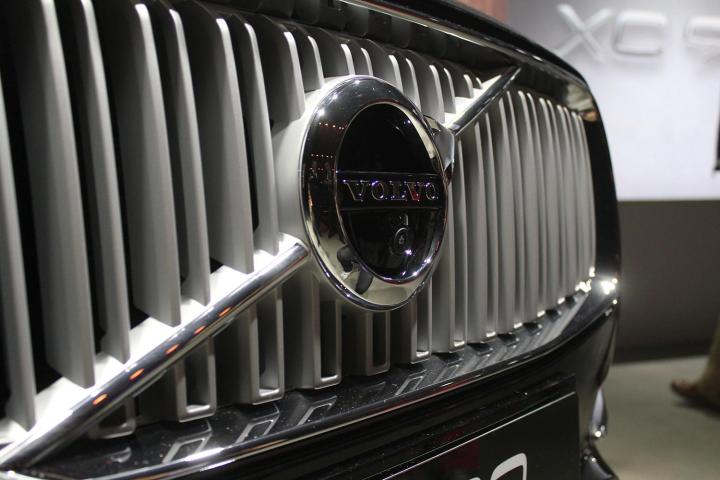
With the notable exception of Tesla Motors and a few other cases, shopping for a car is something that’s still done primarily in showrooms.
However, Volvo has gotten hip to the fact that all of the kids are hanging on the Internet these days, and thinks more people might want to buy a car the same way they buy obscure collectibles and clothing they just end up returning anyway.
It’s part of a new marketing strategy that will also see increased emphasis on digital advertising and a smaller presence at international auto shows, Volvo sales chief Alain Visser said in a recent interview with Reuters.
Tesla’s strategy of direct sales – either online or through its company-owned stores – has enraged dealers, but Volvo doesn’t see itself as challenging the traditional franchised model.
Cars sold online will still “pass through the dealer network,” Visser said, but the company will still have to navigate state franchise laws and auto-dealer associations.
While Volvo plans to expand its presence online, it will also shrink its footprint in the real world.
The company will reportedly withdraw from all but one major auto show in each of three key regions – Europe, North America, and Asia – and stage its own event instead.
Auto shows are the traditional venue for unveiling new models, but the flexibility of the Internet and the 24-hour coverage it enables have led automakers to branch out.
Recent unveilings like the 2016 Mazda MX-5 Miata and 2014 BMW i3 were staged as standalone online events, gaining more coverage than they might have at an auto show through spectacle and not having to compete with other new-car launches.
A relatively small carmaker like Volvo still needs to stay visible, though, and strategists appear to be betting that online visibility is worth more than real-world visibility.


